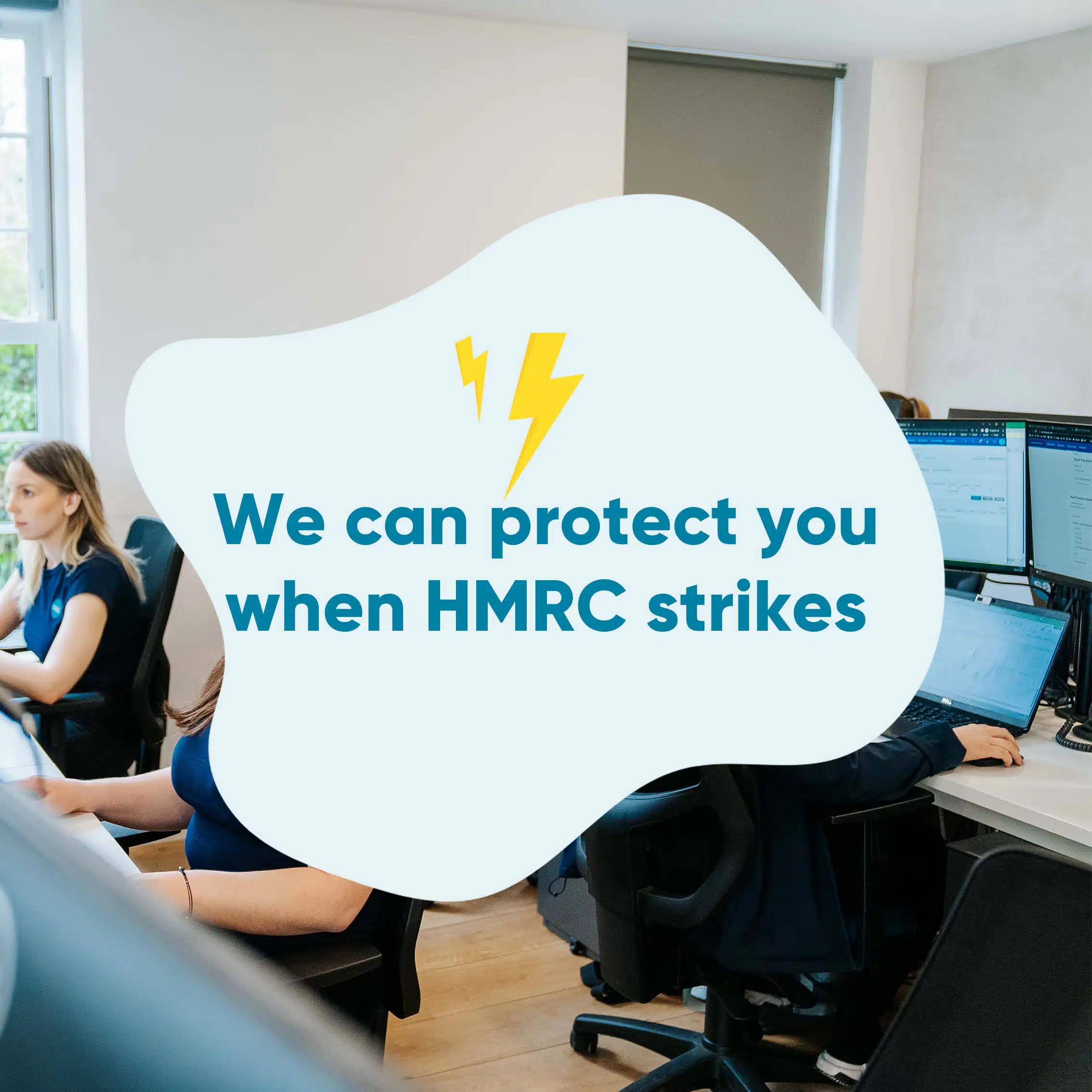If your company qualifies for EIS/SEIS and you need investment, securing advanced approval from HMRC can often make all the difference to getting the investment across the line.
EIS and SEIS explained
The Enterprise Investment Scheme (EIS) and Seed Enterprise Investment Scheme (SEIS) are government backed incentives that offer generous tax reliefs to individuals investing in unquoted trading companies. The schemes are in place to encourage much needed investment in companies that are deemed to carry a high risk of capital loss and typically offer low liquidity versus those listed on the stock exchange.
The company seeking investment must carry on a qualifying trade in the UK and there are restrictions as to how the money can be used within the business.
EIS is only available to companies with gross assets under £15m, whilst SEIS is restricted to companies with gross assets under £200k and fewer than 25 full time employees.
Both EIS and SEIS shares require a minimum holding period of three years from the date of investment, after which the shares can be sold free of capital gains tax.
The tax breaks do not stop there though, as EIS offers the taxpayer/investor upfront income tax relief of 30% of the invested amount, which can be carried back to the previous tax year. Up to £1 million can be invested each tax year, so the benefit can be as much as £300k each tax year. Whilst SEIS offers the taxpayer/investor upfront income tax relief of 50% on a maximum investment of £150,000 a tax year.
In the event of the investment making a capital loss, the resulting loss (net of the income tax relief previously claimed), can be offset against the investor’s taxable income. Consequently, after tax reliefs the risk to capital could be as little as 27.5% for SEIS and 38.5% for EIS.
Pre-Investment – advanced assurance
It is often necessary to reassure potential investors by obtaining advanced assurance that your company qualifies for EIS/SEIS. To do this, you will need to apply to HMRC and the length of time HMRC take to process the application depends on the type of company and the quality of the application.
Experience shows that you can expect an answer within four weeks, but that is not to say that the advance assurance will be obtained at that point – HMRC may ask for clarification on several points.
To maximise the chance of receiving assurance in four weeks, we recommend that the application includes as much of the following information as is possible:
- Covering letter with reference to all information and documentation included in the application
- A robust business plan providing detailed information
- Two years of financial projections to demonstrate how the SEIS/EIS funds will be used in the business
- Shareholder agreements
- Memorandum and Articles or Association
- Incorporation Certificate
- Recent Companies House filings and accounts
- Directors and shareholder details
Preparing and submitting a successful application can be time consuming and will potentially cause a distraction from running the business. It is for this reason that many business owners will seek assistance from professional advisors.
Post-Investment – HMRC certificates
After agreeing terms with investors, it is then necessary to obtain EIS/SEIS certificates, which must be applied for from HMRC. Without these, the investor is unable to claim for the tax reliefs.
An accurate application must be prepared and submitted to HMRC and following this, HMRC will typically take six weeks to approve the application and issue the EIS/SEIS certificates.
We are experienced in preparing EIS/SEIS applications and have helped many businesses obtain vital investment to fund their growth plans. We offer fixed fees that are agreed at the outset, starting from as low as £600 + VAT. Contact a member of the team today on 0333 202 6441 to find out more.





